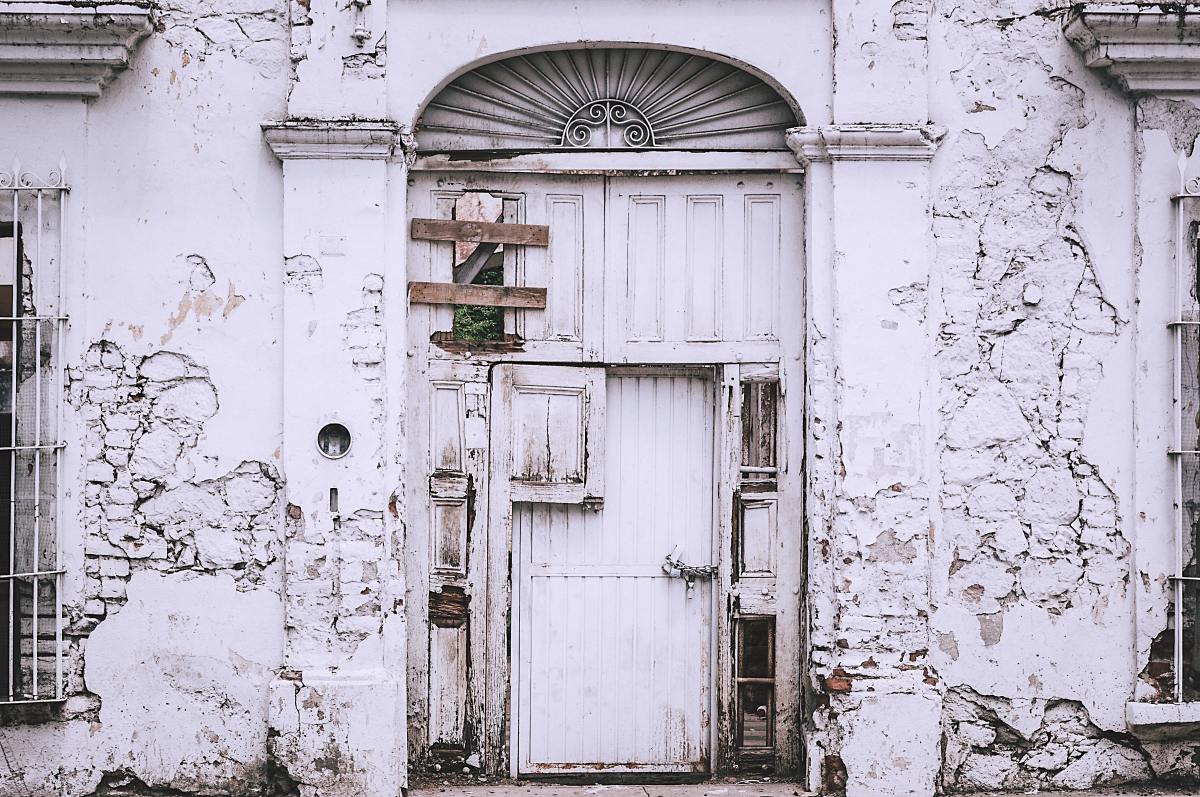I don’t read or write a lot of poetry. I’m more of a dabbler. However, I know that poetry is important.
Where fiction has all its twisted plots and detailed characters, poetry (at its best) is a distillation of pure emotion. It’s a few precisely chosen words, polished to razor sharpness so they can cut into your soul. Poetry shows sloppy fiction writers like me just how exacting each word can be.
Maggie Smith is a poet I found only recently, but her work exemplifies the things I like best about poetry. I don’t know if Good Bones would have hit me the same way before I had children, but it certainly hits me hard now.
Good Bones
Go read Good Bones, by Maggie Smith, at the Poetry Foundation website.
The Things We Don’t Tell Our Children
It starts with the things we don’t tell our children. Smith talks about the things she keeps from her children four times in seventeen lines. She keeps the things she did and doesn’t want them to know about. She hides that the world is at least half terrible. There’s a quiet desperation there: the world is bad and I’m part of it. I’m terrible too. I’d rather my children not know that.
Why is the world terrible?
“For every bird there is a stone thrown at a bird.” What an apt metaphor.
“For every loved child, a child broken, bagged, sunk in a lake.” Jesus fucking Christ. No wonder you don’t tell your children. While this is literally hyperbole, figuratively it feels true. If we take everything out there in the world and put it all on the scales of good and evil, does it balance out? An awful lot of the time it feels like it doesn’t.
Selling Something Broken
At the end, there’s a twist: “I’m trying to sell them the world.”
As parents, that’s what we do. Children ask a lot of questions, and all too often they’re asking about why things seem to be so awful. We each have our own internal parenting algorithm, refined over time, to provide information, sometimes truth, sometimes opinion. Maybe even lies, when we feel backed into a corner.
We tell our kids about the world, but we can’t resist “selling” it. We want them to be happy. We want them to make things better, even when we helped cause the problems and failed to clean them up ourselves. We need them to have hope, even when we ourselves don’t have any.
“This place could be beautiful. You could make this place beautiful.”
The Moral of the Story
Every time I read this poem, I change my mind about whether it’s supposed to be hopeful or despairing. Of course, it doesn’t have to be entirely one or the other, but I feel like I ought to be able to suss out an opinion. This is what keeps the oft-derided field of literary criticism alive: that feeling that we need to figure out what the work is “trying” to say.
Ultimately, I think the poem may not have an opinion. It’s just describing the way things are. There might be a lesson in there for us. When you write about something, you don’t have to inject your opinion, positive or negative. Sometimes you can just tell it like it is, a reporter on a made-up world. Leave it to the reader to decide how they should feel about it.

